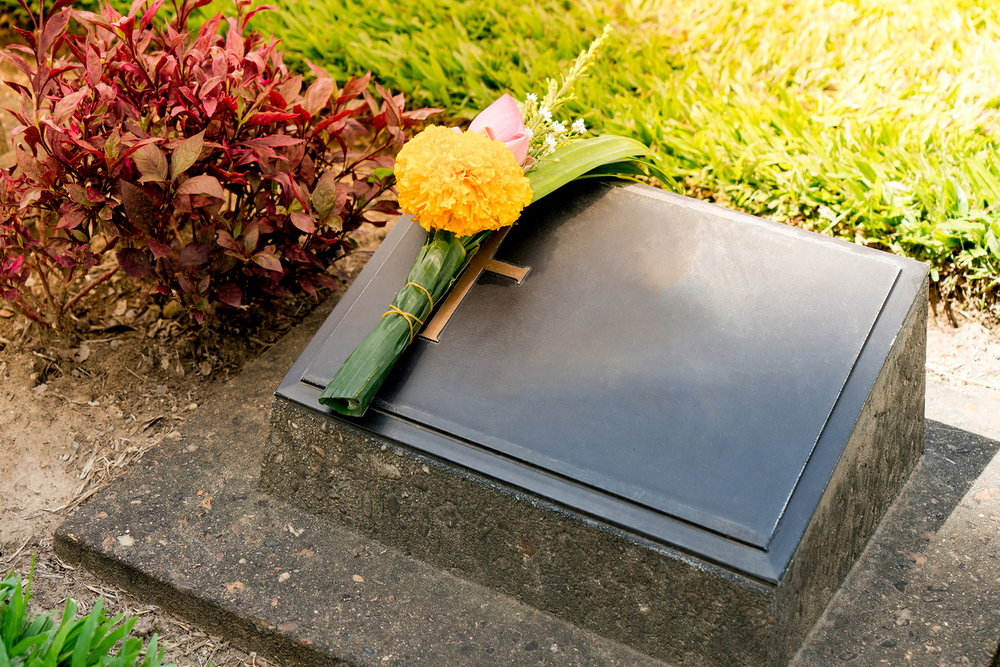The article “Can You Get Survivor Benefits From An Ex-Spouse?” was originally published on MoneySense on June 19, 2018.
That may depend on whether you’re separated or divorced
Q: Your article prompted me to think about my pension lost to my ex-wife, whom I very recently learned has died in Manitoba, in January of this year.
I am 67 years old and retired from the federal government. When we divorced in 1990 after a 22-year marriage, I lost 11 years of pension to her, which reduced my 32-year pension to a 21-year pension.
Also, there was an uneven split of CPP credits as I had worked full time throughout the marriage and she had worked sporadically part-time.
She has no spouse or partner to claim survivor benefits on either of the two pensions
My question to you is, given these circumstances, is it possible to apply to be given back these lost, but earned, pension entitlements as neither my ex-wife, (nor any surviving spouse/partner) will now be drawing on these benefits?
We have one adult daughter from the marriage.
—John
A: I’m sorry to hear about your ex-wife, John.
When you split pension credits with an ex-spouse upon a marriage breakdown, those credits and the entitlement to a pension are literally transferred to your ex-spouse. The transfer is generally irrevocable, so the credits shouldn’t revert to you on their death, I’m sorry to say.
You mention this was your ex-wife, but not whether you were simply separated or legally divorced. The distinction is important.
For a federal employee pension, if you guys were separated, but not divorced, you should be entitled to a survivor benefit. You said she had no other spouse or common-law partner, so you would be entitled to a survivor benefit equal to 50% of her pension in this case.
If you were legally divorced, your daughter would be entitled to 20% of your ex-wife’s pension benefit until age 25 (you mentioned she’s an adult), but only if she’s a student and meets the eligibility criteria. If she’s over age 25, your ex-wife’s estate should be entitled to a supplementary death benefit equal to the greater of your contributions that were allocated to her, plus interest, or 5 years of pension payments, less any payments she already received.
If your ex-wife’s estate is entitled to this supplementary death benefit, John, it would be paid to her named beneficiary (which could of course be you, but may be your daughter or her estate). If the beneficiary on her pension is her estate, the benefit would be distributed based on her will. If she had no will, her assets would be distributed based on the intestacy laws of the province of Manitoba. These laws state that nothing goes to a separated spouse, so her estate would go to your daughter.
You could contact the Public Services and Procurement Canada Pension Centre for more information if applicable, John.
The rules with Canada Pension Plan (CPP) are similar. If you were separated, but not divorced, you may qualify for a survivor benefit equal to 60% of her CPP retirement pension. Your combined retirement and survivor benefits could not exceed the maximum.
If you were divorced, your adult daughter may be entitled to a CPP child’s benefit if she’s a full-time student under age 25. There is also a CPP death benefit of up to $2,500 payable to your ex-wife’s estate.
You could contact Service Canada for more information if applicable, John.
Jason Heath is a fee-only, advice-only Certified Financial Planner (CFP) at Objective Financial Partners Inc. in Toronto, Ontario. He does not sell any financial products whatsoever.

